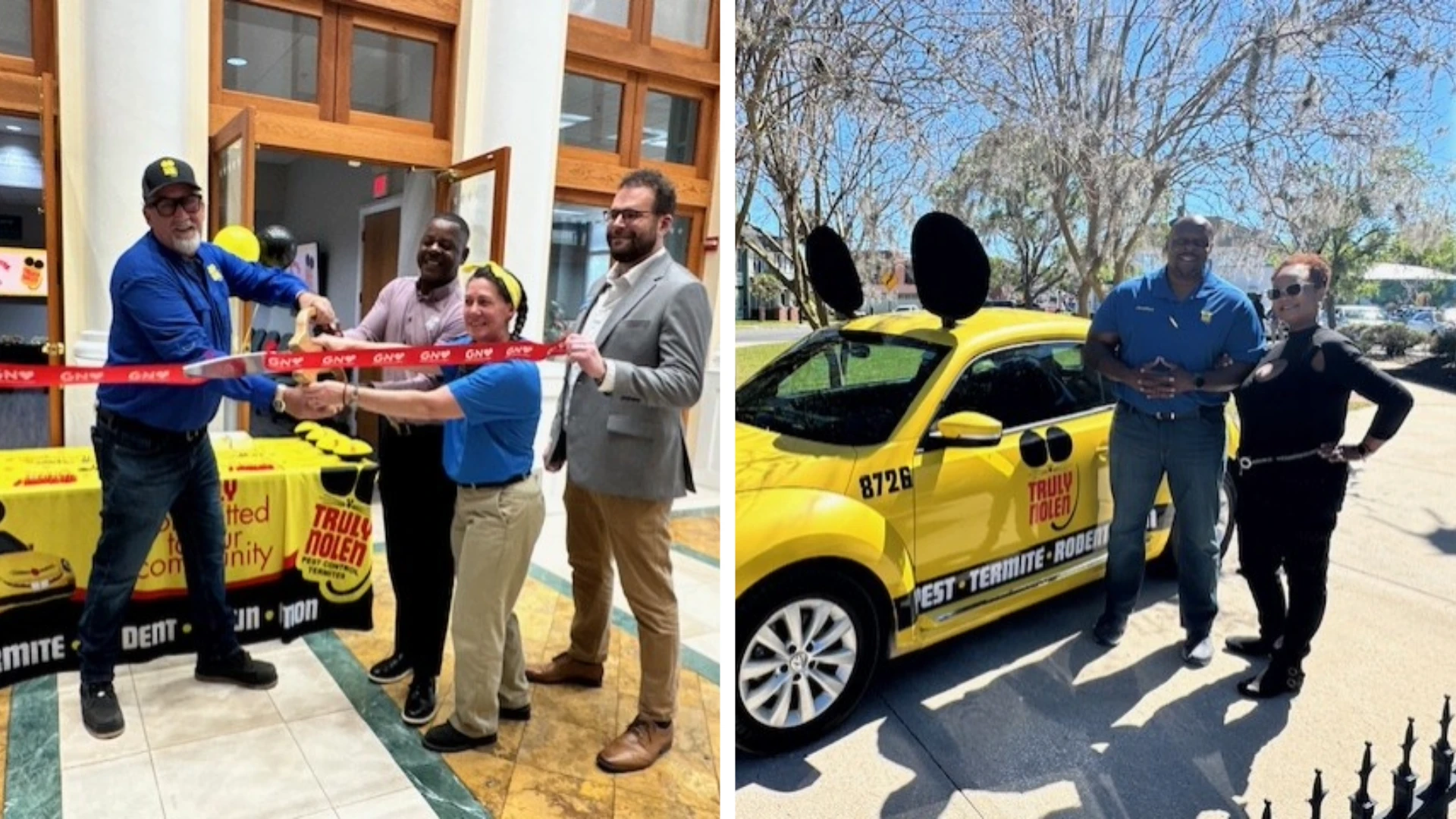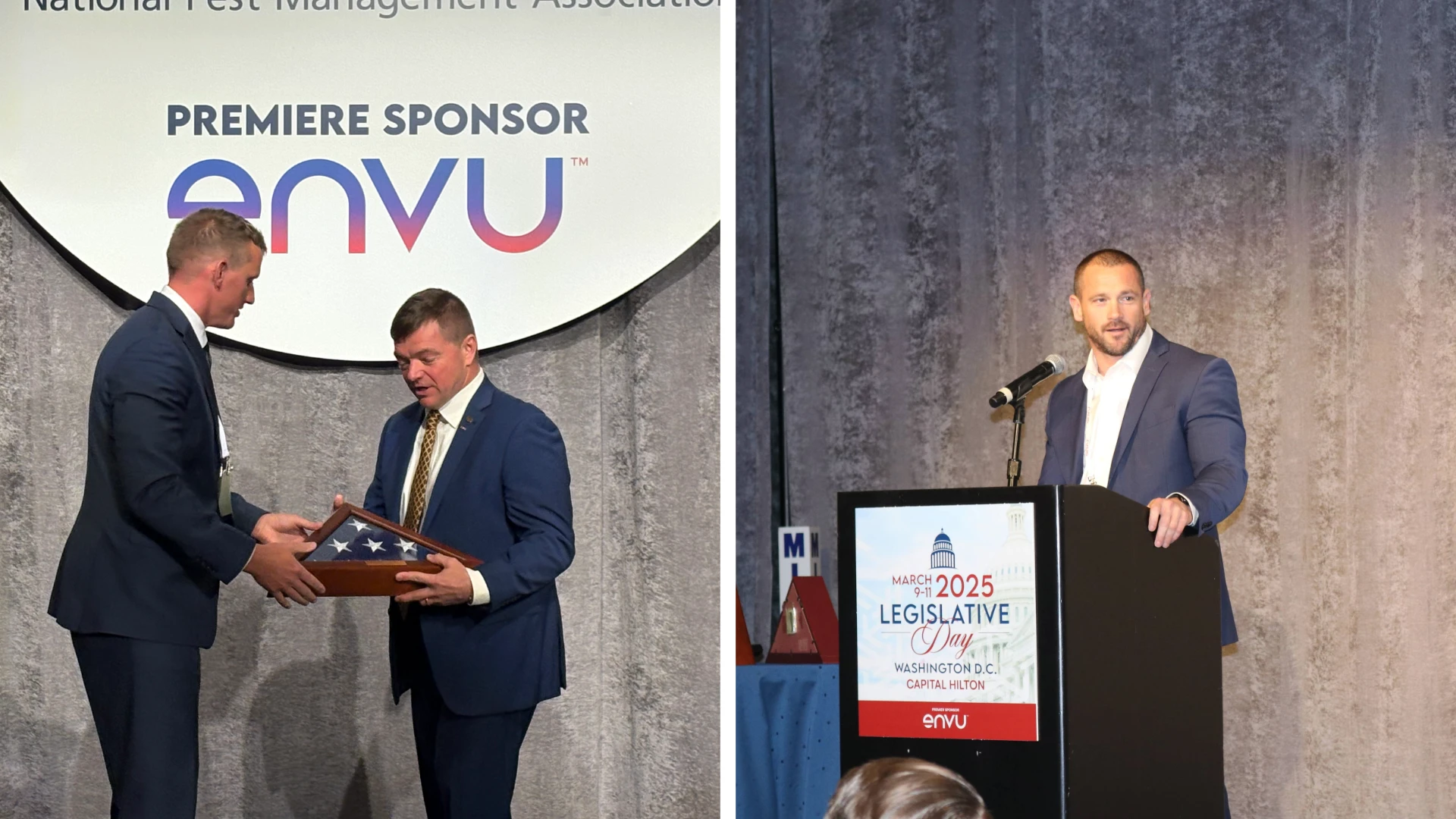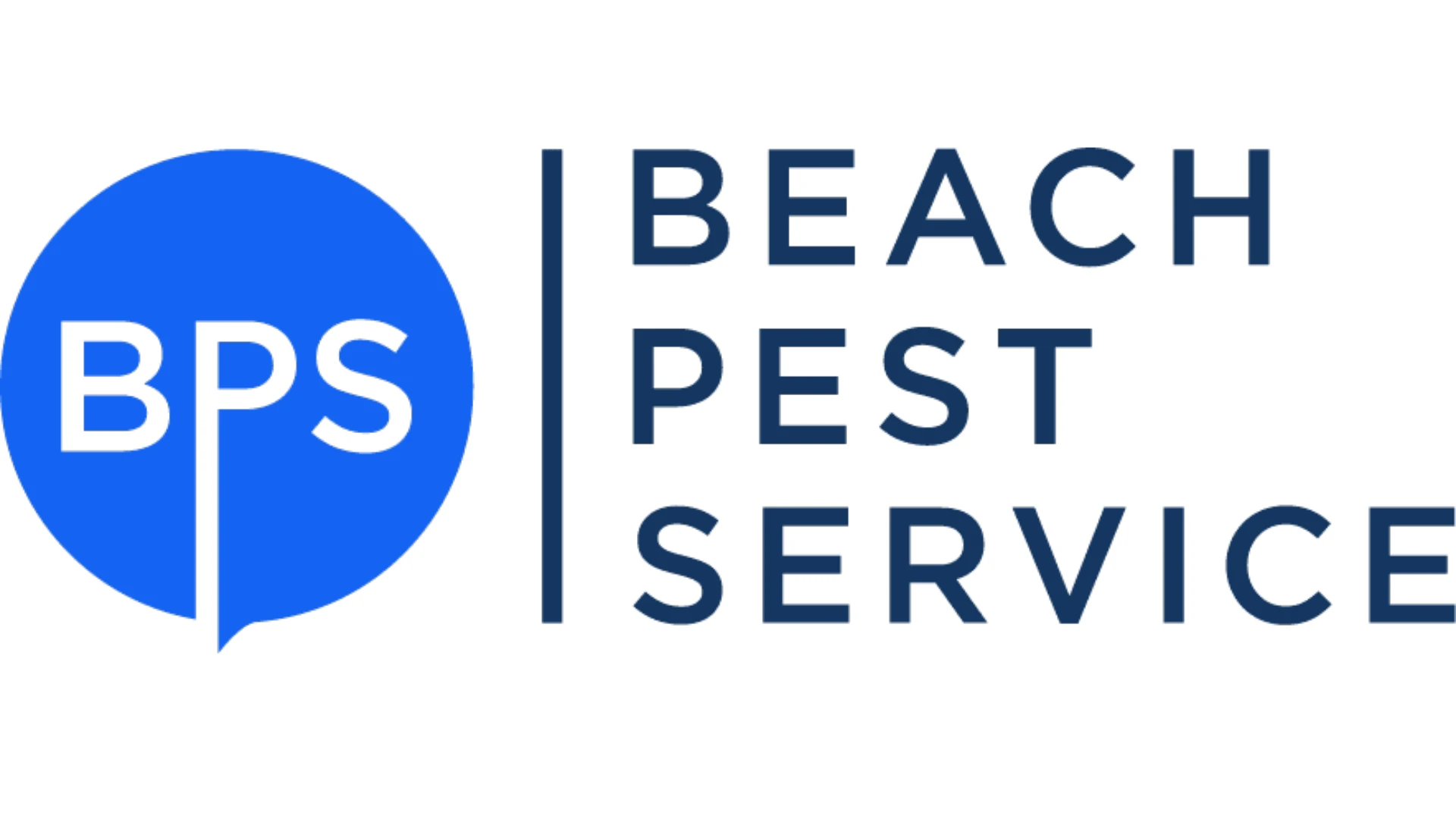This is the story of how a bill that would have negatively affected the pest control industry was defeated. More specifically, it is the story of how trade groups with a professional lobbyist can deal with legislation that has the potential to become a crisis. When observed from a distance with hindsight, it becomes clear that pesticide applicators may not realize how close they sometimes are to having major changes made to the way they do business.
At the February 1994 Environmental Industry Council (formerly the Professional Pesticide Users of Connecticut) board meeting, Armondo Paolino, the executive director and professional lobbyist, presented information about a proposal coming from the Legislative Environmental Committee that would expand pesticide notification. Under the proposal, homeowners would have to notify their neighbors of upcoming pesticide applications. The mechanics of informing homeowners of the neighbors who want notification was not spelled out in the proposal.
A week after the meeting, the rumors were confirmed. Fortunately, however, we had time on our side. In the past, PCOs have often found out about unfriendly legislation after it was enacted. But we found out about this proposal even before it was given a formal bill number. With the Environmental Industry Council (EIC) functioning as an "early warning system," we had sufficient time and an influential team to mount an organized campaign to fight the bill.
MOBILIZING THE TROOPS. At the National Pest Control Association Legislative Day in Washington, D.C. the following week, Connecticut Pest Control Association President Art Cogswell distributed drafts of the bill to pest control leaders and lobbyists. Many of these people contacted Paolino. The EIC's lawn care members notified their national association, who also contacted Paolino.
Bill No. 284, "An Act Concerning Notice of Pesticide Applications," proposed three major changes in pesticide legislation.
(1) The first section put forth a change of the "pesticide label" information that we are required to give our clients. The current law calls for professional pesticide applicators to give the "active ingredients"; the change would require that applicators give out "all ingredients." The problem is that the other ingredients are not listed on the pesticide label. Some are found on the MSDS forms, others are "trade secrets," and still others are non-hazardous and not required to be listed on the MSDS forms.
An invention of anti-pesticide groups is the implication that all inert ingredients are dangerous. Some inerts, such as xylene solvents and petroleum distillates, are listed on MSDS forms as hazardous.
(2) The second section would change the licensing requirements for practicing pest control. It proposed requiring licensed supervisory personnel to be present at all commercial applications.
(3) The last section was the one on homeowner notification described previously.
State Rep. Jesse Stratton, co-chairman of the Environmental Committee, was the driving force behind the bill. The legislation reflected the views of her "environmentalist" constituents. Reportedly, the motivation for the bill stemmed from lawn care applications in which a person's windows were sprayed, as well as another person who chose to move from her apartment because the property managers would not discontinue chemical lawn care.
BEHIND THE SCENES. Paolino orchestrated the industry's response to Stratton's bill, SB-284. He worked very hard obtaining resources to lobby against the bill as it was written. He held an emergency board meeting on the night of Thursday, March 3. The directors agreed that having supervisors at all jobs is impractical, and that training and operator's standards is an issue that needs to be addressed. Paolino scheduled meetings with the Department of Environmental Protection (DEP) and Stratton, and was in communication with industry leaders. A public hearing was scheduled for Friday, March 11, the day after the Environmental Industry Council's scheduled board meeting. Pesticide application representatives committed to attend the hearings.
The EIC's Board Of Directors met on Thursday evening, March 10, to prepare for the following day's testimony before the Environmental Committee of the Connecticut General Assembly. The pest control industry was represented by Steve and Harry Pope of S. Pope Inc.; Art Cogswell of Art Cogswell's Urban Pest Control; and the author of this article, Steven Blum of Acme Pest Control.
The board reviewed the three sections of the bill to determine the EIC's response through Paolino's testimony. Resources included the collective expertise of the members who represent PCOs, lawn care operators, arborists, groundskeepers, golf courses and other pesticide users. Fred Langley of DowElanco and Debra Vanderbeek, executive director of the New England Council for Plant Protection, both faxed in arguments against SB-284.
MIDNIGHT OIL. After the meeting was over, Blum and Paolino worked until nearly midnight to write the text of the statement that was presented to the Environmental Committee. It analyzed all three sections of the bill, pointing out and explaining its faults along the way.
The goal of Section 1 of the bill was to declare the inert ingredients. The statement outlined where this information was available, and the problems and difficulties of stating in the pesticide label all of the ingredients.
Section 2 would have dramatically affected our businesses. As the statement explained, "This section would essentially eliminate the need for the license which is held by the largest number of employees in our industry the operator's license. Requiring a supervisor to be present on site at the time of all applications would eliminate the need for operators, and would significantly increase the cost of doing business for our industry and those we serve."
The statement also noted that Connecticut's supervisory licensing "is generally recognized as the most comprehensive in the nation." The workings of FIFRA's "direct supervision" were described. Also reported was the havoc that training and testing thousands of operators seeking the supervisory license would wreak on pesticide applicator businesses and DEP's Pesticide Division.
Section 3, which would have little effect on the professional pesticide application industry, was described as "this broadly worded requirement (that) would be fodder for neighborhood disputes and battles over individual and property rights." This writer refers to Section 3 as "The Grumpy Old Men Bill."
D-DAY: THE HEARING. Nineteen Environmental Industry Council members and supporters attended the Environmental Committee hearing to oppose SB-284, along with other parties speaking against the bill. Pest control professionals in attendance included the aforementioned Steve Pope and Steven Blum, as well as Mark Hayden, Award Pest Control; Marvin Tennisen, York Distributors; Jodie Gladin, Terminix; and Jerry Blum, Capital Pest Control. SB-284 was one of many bills being considered. The committee room was jammed and the list of speakers was very long. Those in attendance learned more than they would ever want to know about another topic of discussion at the hearing BST, the genetically engineered enzyme that increases milk production.
Roger Adams, IPM Program Leader for the state of Connecticut, testified in opposition to the bill. He said the broadly worded 24-hour pre-notification requirement of Section 3 would force farmers to revert back to "calendar spraying," since IPM philosophy demands a quick response to pest infestations. The Connecticut Department of Transportation submitted testimony against the bill, in which the need for on-site supervisors would increase the cost of right-of-way herbicide application, calling it"unnecessary."
Because of the many speakers at the hearing (the BST issue attracted many lobbyists, interested parties, and media), a three-minute time limit was imposed. Paolino was called to speak. With EIC President Bob Horan and Vice President Steve Pope at his side, Paolino read the council's statement, of which copies were given to all committee members. He explained to the committee where the "all ingredient" data is available and further explained: "This information is supplied to the United States Environmental Protection Agency during the registration process so that health and environmental considerations can be taken into account during that process."
Paolino also communicated that the Connecticut DEP receives a confidential statement of formula when the product is registered there. This information is also available to the medical community and poison control centers through the Poisondex service.
Halfway throughhis testimony the timer rung, and Paolino paraphrased the remainder. At this point Horan and Pope fielded questions. Stratton asked about the "standards" for the supervisory license. Horan said that although there were not written standards, the level of education is equal to college level. Several other questions were answered.
EFFECTIVE LOBBYING. But the war was not over. The legislative session had two more weeks, and anything could have happened. The bill could have died, pulled down by the weight of its own shortcomings. If it were not killed in committee, there would be more battles to fight. And while the bill looked counterfactual to us, legislators do not know much about our profession, and could vote for the bill based on ignorance and misinformation. The industry's best weapon in the race to disseminate information was our lobbyist.
The sound of trade associations making their voices heard, with the orchestration of a skilled lobbyist, resulted in SB-284 being changed for the better when the Environmental Committee released a revised version. The changes were the result of hard work by our industry's lobbyist, Armondo Paolino, and the directors of the Environmental Industry Council.
Paolino had several meetings with Jesse Stratton, the bill's sponsor. Paolino spelled out to Rep. Stratton the negative impact of the entire bill and the specific ramifications of each section. He explained how the "supervisor only" section of the bill would be a burden on the pest control industry, especially the small businesses. He illustrated how it would cause the loss of jobs for operators, and how it would increase the cost of service to consumers. He also let Stratton know that neighbor notification is unworkable.
Paolino had several conversations with the DEP. They were in a noncommital position, unable to publicly voice an opinion. This writer was told in casual conversation that if the "supervisor only" section was passed, it would be a nightmare for the DEP workers who do the testing.
The unfeasible requirement of having supervisors on every job was eliminated. The additional chemical information asked for in the original wording was restated so that it was achievable. In addition to the label information currently required, we would have had to give consumers the inert ingredients as listed on the MSDS forms. The neighbor-to-neighbor notification stayed in, but it would not have affected professional applicators who are required to notify people who sign up on the DEP pre-notification registry. This section was unattainable and unenforceable.
PCOs were able to successfully remove the parts of the bill that would have negatively affected us, due to our early start in the lobbying effort. The neighbor notification provision would have negatively impacted the manufacturers of over-the-counter lawn care pesticides. They spent a great deal of money hiring lobbyists to launch a late assault on the bill, and did kill the bill.
THROUGH THE MAZE. The Connecticut legislative system is complex, with a seemingly never-ending series of procedural steps, open committee votes, published versions of the bill as it goes through changes, hearings, cost analyses, legal reviews, political evaluations, and lobbying. The goal of the current system is to prevent backroom power brokers from slipping through self-serving legislation. Thus it is easier to kill a bill than to pass one.
SB-284 was killed by the over-the-counter retail lawn care product industry, using one-shot lobbyists. While this group monitored the progress of SB-284 through communication with Paolino, they are not members of the Environmental Industry Council. Paolino and the directors approached the bill from the needs, both short- and long-term, of the member professions. This retail group had to spend a good deal of money to hire lobbyists to kill the bill. They had a legislator refer the bill back to committee, a move that essentially kills a bill. Paolino could have made the same maneuver, but the Environmental Industry Council is in the game for a long run.
If an industry and their lobbyist want to gain respect and influence, they cannot act like hit men, trying to kill any bill they do not like. They will work to kill a bill when necessary. They will compromise. They will attempt to get the bad parts removed, and to get awkward parts revamped. They will network and build coalitions. They will make more friends than enemies.
For the sixth straight year, Connecticut PCOs have no new legislation that would affect them. No intense training programs to upgrade service technicians from operators to supervisors. No new labels to write up. No additional costs of running their businesses. No new hassles. All these benefits, largely without any effort from the majority of PCOs that would have been affected by SB-284. For them, things worked out like magic. But it was not magic. It was hard work, done with professionalism.
THE PROACTIVE APPROACH. The bottom line is that the pest control industry has a choice. We can stick our head in the sand and hope for the best. Yes, there are always activists from our ranks who are involved. But PCOs who sit back and rely on the activists' efforts are freeloaders.
With issues such as "IPM in Schools" being adopted around the country, the question is: Do you want environmental activists with good intentions and distorted knowledge about IPM programs to write the laws, or do you, a pest management specialist with a great deal of knowledge about IPM and actual experience in servicing schools, want to be part of the process that writes the laws? We can take control of our destiny by participating in trade associations and lobbying organizations, and thereby become a vital part of the lawmaking process that affects us all.
|
V-K DAY: VICTORY IN KENTUCKY |
|
|
Connecticut is not the only state that had battles in their state legislature. Kentucky PCOs also put together a united effort to defeat a new bill that would have affected the industry in positive and negative ways. Of the bill, KPCA President Glenn Scherzinger said, "There were many areas with which we agreed and gave our full support to the Department of Agriculture." Positive parts of the bill included the licensing of maintenance personnel doing "inhouse" pesticide application, making insurance mandatory for pest control firms, and preemption from local legislation. The KPCA's major objection was the changes in the Structural Pest Control Advisory Board. KPCA members visited with members of the Department of Agriculture to discuss important points concerning PCOs. No progress was made. A legislative contact program that featured a phone blitz to committee members by PCOs, employees, and some customers, was one phase of the strategy. The other phase was the PCOs "packing" the hearing room with 22 individuals ready to give testimony to the committee considering the legislation. The stage was set for the committee hearing, and some good arguments were given during testimony. The result: The bill was defeated, never making its way out of committee. The KPCA thinks it has until 1996 before the matter will be considered again. Members rallied behind KPCA President Glenn Scherzinger. The politicians call it a "grass-roots" campaign. Tom Diederich, legislative director for Orkin, called it "good fundamental hard work to defeat a bill you don't like." Steven Blum | |

Explore the April 1995 Issue
Check out more from this issue and find your next story to read.
Latest from Pest Control Technology
- Understanding Rodents and Bird Flu
- Green Pest Solutions Awards Safest Driver New 2025 Ford F150
- UF/IFAS Sheds Light on Tiny Invaders During Termite Awareness Week
- Registration Open for Lawn & Landscape Technology Conference
- Fleetio Launches Automotive Service Excellence Scholarship
- WorkWave Appoints John Phelan as CTO
- PMPs Use Capitol Hill Visits to Push for Preemption
- 20 Trapping Tips





